Technology has evolved immensely over the past few decades, bringing about innovations that have transformed the way we live, work, and communicate. From smartphones to social media, from virtual reality to artificial intelligence, technology has become a fundamental part of our daily lives. With the rapid pace of technological advancements, it’s no wonder that people are always looking to the future, wondering what the next big thing will be. In this article, we’ll explore the future of technology and make predictions for the next decade.
The Rise of Augmented Reality (AR)
Augmented reality, or AR, is a technology that superimposes digital images onto the real world. In the next decade, we predict that AR will become an increasingly important part of our lives, with applications ranging from gaming to education to healthcare. Already, we see AR being used in games like Pokemon Go and in educational apps that allow students to explore the human body in 3D. As the technology advances, we expect to see more innovative uses of AR in various industries.
Quantum Computing
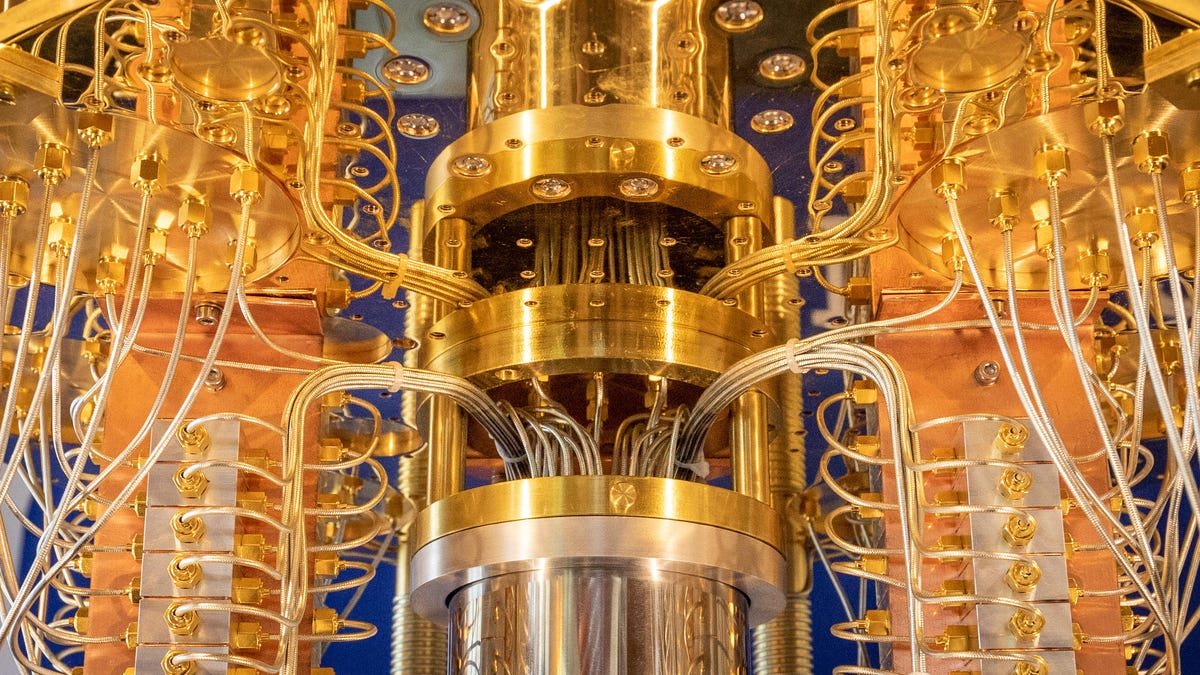
Quantum computing is a new field of computing that is based on the principles of quantum mechanics. In the next decade, we predict that quantum computing will become more widespread, with applications ranging from cryptography to drug discovery. Currently, companies like IBM and Google are leading the way in the development of quantum computing, but we expect to see more companies invest in this technology in the coming years.
Autonomous Vehicles

Autonomous vehicles, or self-driving cars, have been in development for a few years now, and we predict that they will become increasingly common in the next decade. With major car manufacturers like Tesla, Toyota, and Ford investing heavily in autonomous vehicle technology, it’s only a matter of time before we see them on our roads. This technology has the potential to revolutionize the transportation industry, making our roads safer and more efficient.
5G Technology
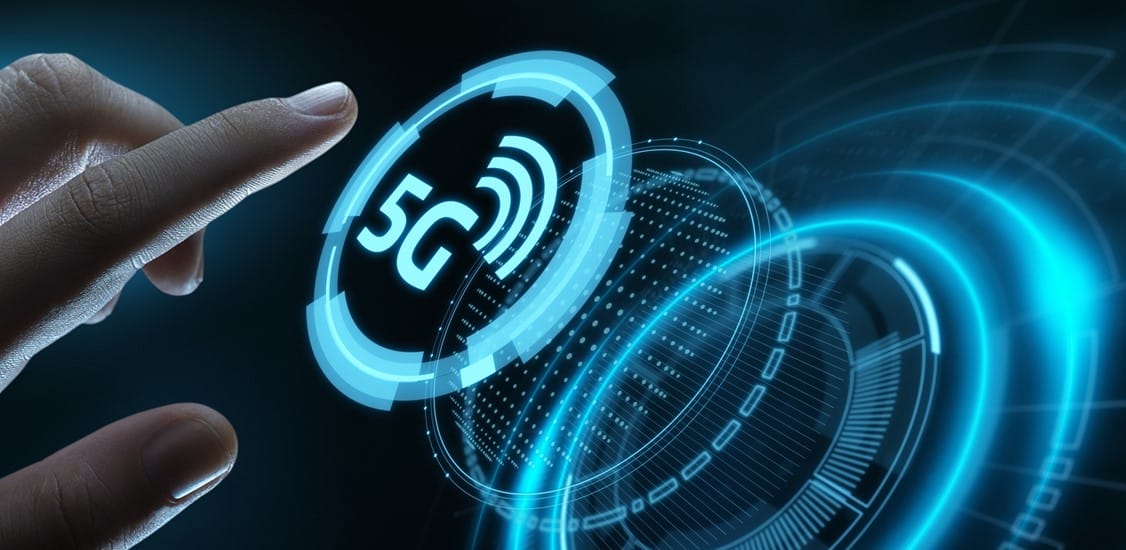
5G is the latest generation of cellular technology, offering faster internet speeds and more reliable connections. In the next decade, we predict that 5G technology will become more widespread, with more countries and cities adopting this technology. This will enable more widespread adoption of technologies like augmented reality and virtual reality, and will also enable the development of new technologies that require fast internet speeds.
Artificial Intelligence (AI)
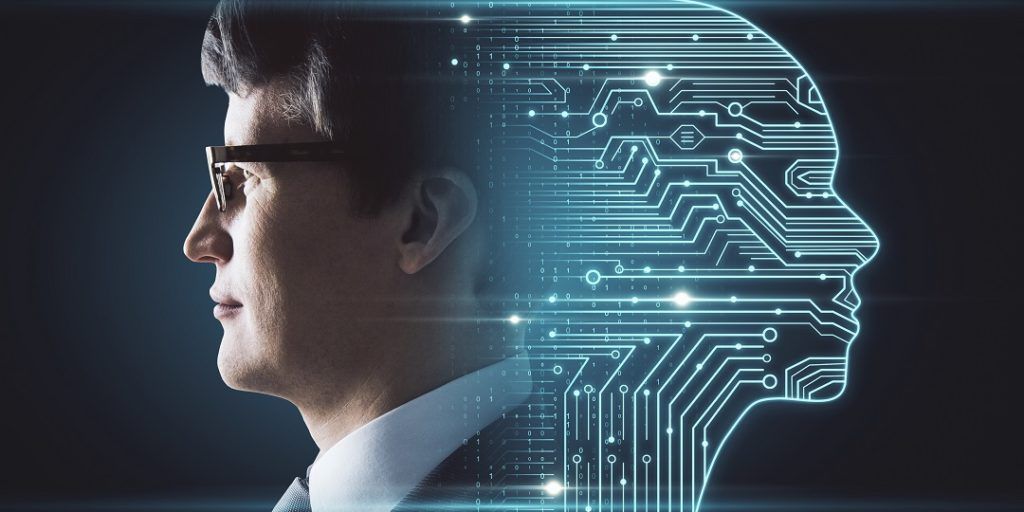
Artificial intelligence is a field of computer science that focuses on creating machines that can learn and make decisions like humans. In the next decade, we predict that AI will become even more sophisticated, with applications ranging from healthcare to finance to transportation. Already, we see AI being used in self-driving cars and in chatbots that can interact with customers. As the technology advances, we expect to see more innovative uses of AI in various industries.
The Internet of Things (IoT)
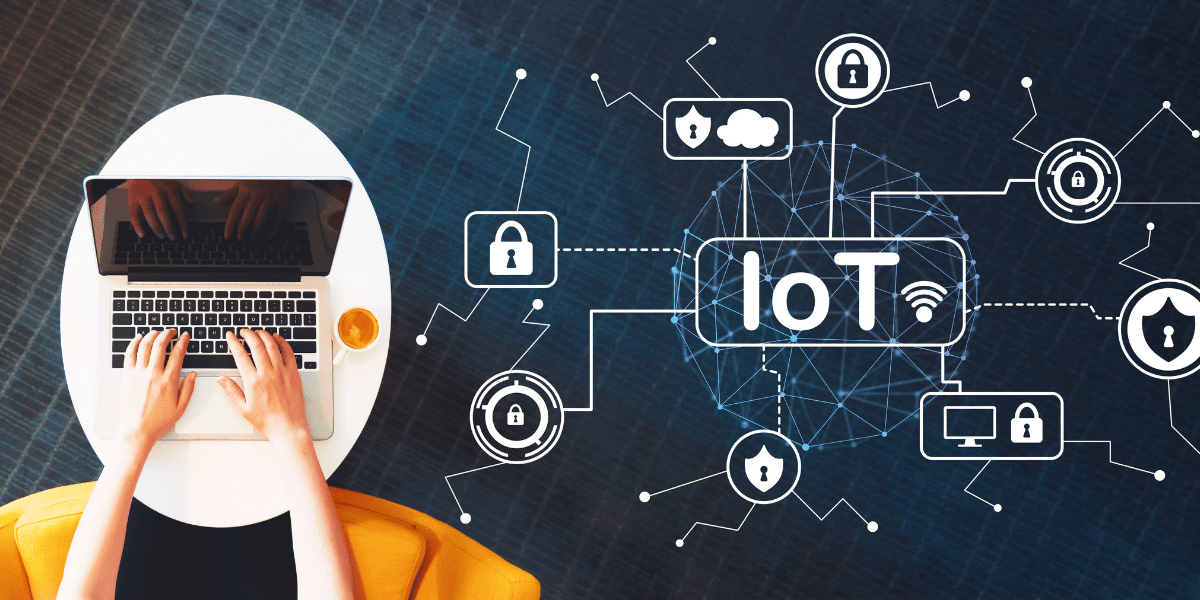
The Internet of Things is a network of devices, vehicles, and other objects that are connected to the internet, enabling them to exchange data. In the next decade, we predict that the IoT will become more widespread, with more devices being connected to the internet. This will enable the development of new technologies like smart homes, where appliances can be controlled remotely, and smart cities, where infrastructure can be optimized to improve efficiency.
Wearable Technology

Wearable technology, like smartwatches and fitness trackers, has already become popular in recent years, and we predict that this trend will continue in the next decade. As the technology becomes more advanced, we expect to see more innovative uses of wearable technology, such as health monitoring and remote patient care. Wearable devices can track a range of health metrics, such as heart rate, sleep patterns, and physical activity, allowing individuals to monitor their health in real-time. This technology has the potential to revolutionize the healthcare industry, enabling doctors and other healthcare professionals to monitor patients remotely, improving access to care and reducing healthcare costs.
Blockchain Technology
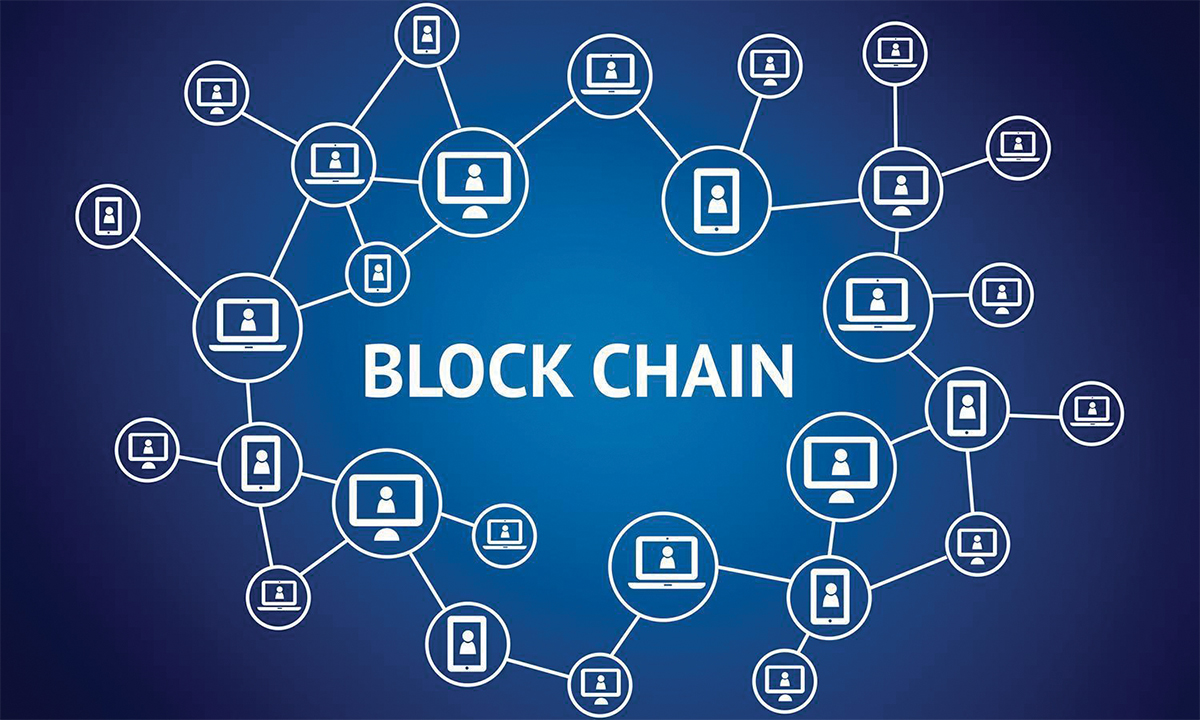
Blockchain is a distributed ledger technology that enables secure, transparent, and tamper-proof record-keeping. In the next decade, we predict that blockchain technology will become more widespread, with applications ranging from financial transactions to supply chain management. Already, we see blockchain being used in cryptocurrencies like Bitcoin and in supply chain management systems that ensure the authenticity and provenance of products.
Advanced Robotics

Advanced robotics is a field of engineering that focuses on the design and development of robots that can perform tasks that are typically done by humans. In the next decade, we predict that advanced robotics will become more sophisticated, with applications ranging from manufacturing to healthcare to space exploration. Already, we see robots being used in factories and warehouses to perform repetitive tasks, and in healthcare to assist with surgeries and provide care to patients.
Green Technology
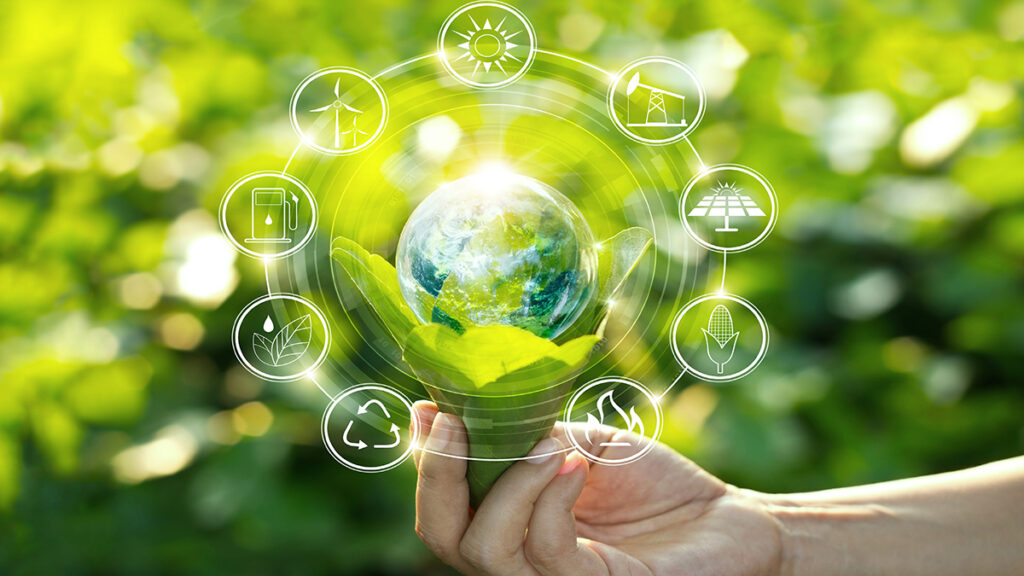
Green technology, also known as clean technology, is a field of technology that focuses on developing products and processes that are environmentally friendly. In the next decade, we predict that green technology will become more important, as the world faces the challenges of climate change and environmental degradation. Already, we see green technology being used in renewable energy systems like solar and wind power, and in energy-efficient products like LED lights and smart thermostats.
Conclusion
In conclusion, the next decade promises to bring about significant advancements in technology, with innovations that have the potential to revolutionize the way we live, work, and communicate. From augmented reality to blockchain, from autonomous vehicles to wearable technology, the future of technology is both exciting and challenging. As these technologies continue to evolve, it’s essential to recognize the potential benefits and challenges they bring, and to work towards creating a world where technology is used to enhance human well-being and protect our planet.